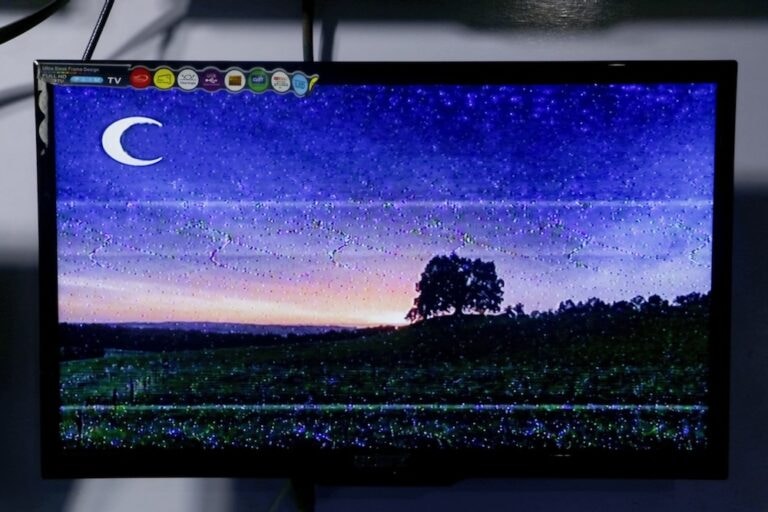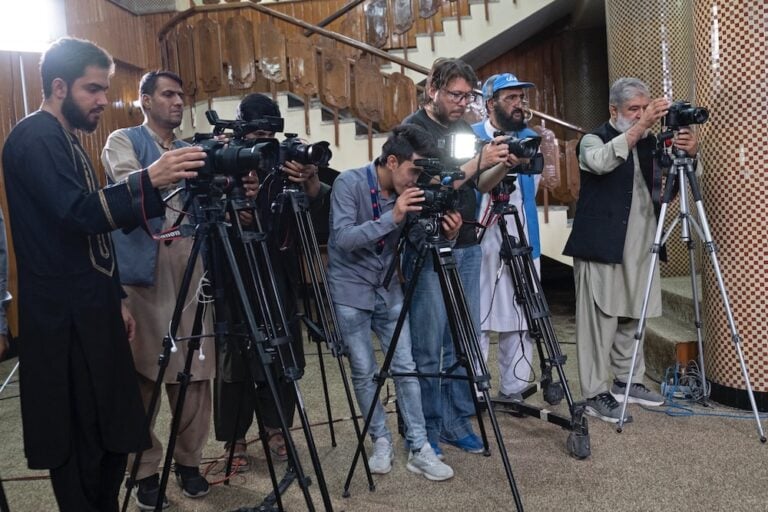Kambakhsh's lawyer confirmed that his client was released several weeks ago after President Hamid Karzai secretly signed a pardon.
(RSF/IFEX) – Reporters Without Borders is deeply relieved to learn that Sayed Perwiz Kambakhsh, the young journalist who was sentenced to death and then to 20 years in prison for downloading an article about the rights of women in Islam, was pardoned and released several weeks ago and has left the country for fear of reprisals.
“We hail Sayed Perwiz Kambakhsh’s release with deep emotion,” Reporters Without Borders secretary-general Jean-François Julliard said. “After being held for nearly two years, he now needs to be able to rebuild his life. We pay tribute to all the free speech activists in Afghanistan and abroad who never stopped defending his innocence and pressing for his release.”
Julliard added: “This case will be remembered as a miscarriage of justice marked by religious intolerance, police mistreatment and incompetence on the part of certain judges. The authorities must now ensure that article 130 of the Afghan Constitution, defining blasphemy, is no longer used to bring politically-motivated charges and to suppress free expression.”
Kambakhsh’s lawyer confirmed to Reporters Without Borders on 7 September 2009 that his client was released several weeks ago after President Hamid Karzai secretly signed a pardon.
Many foreign governments had interceded with the Afghan authorities on behalf of Kambakhsh, while the London-based “Independent” newspaper gathered more than 100,000 signatures to a petition for his release. Reporters Without Borders also handed in a petition with several thousand names to a presidential adviser in Kabul.
A Reporters Without Borders delegation met Kambakhsh in a Kabul detention centre in February 2009. See the interview:
Kambakhsh, a 23-year-old journalism student at Balkh university and a reporter for the newspaper “Jahan-e-Naw” (“New World”), was arrested in the northern city of Mazar-i-Sharif on 27 October 2007 on a charge of “blasphemy and distribution of texts defamatory of Islam.”
Under pressure from the Council of Mullahs and local officials, a Mazar-i-Sharif court sentenced him to death in a summary trial on 22 January 2008. Members of the security forces tortured him to obtain a confession. The sentence was commuted to 20 years in prison in October 2008.


